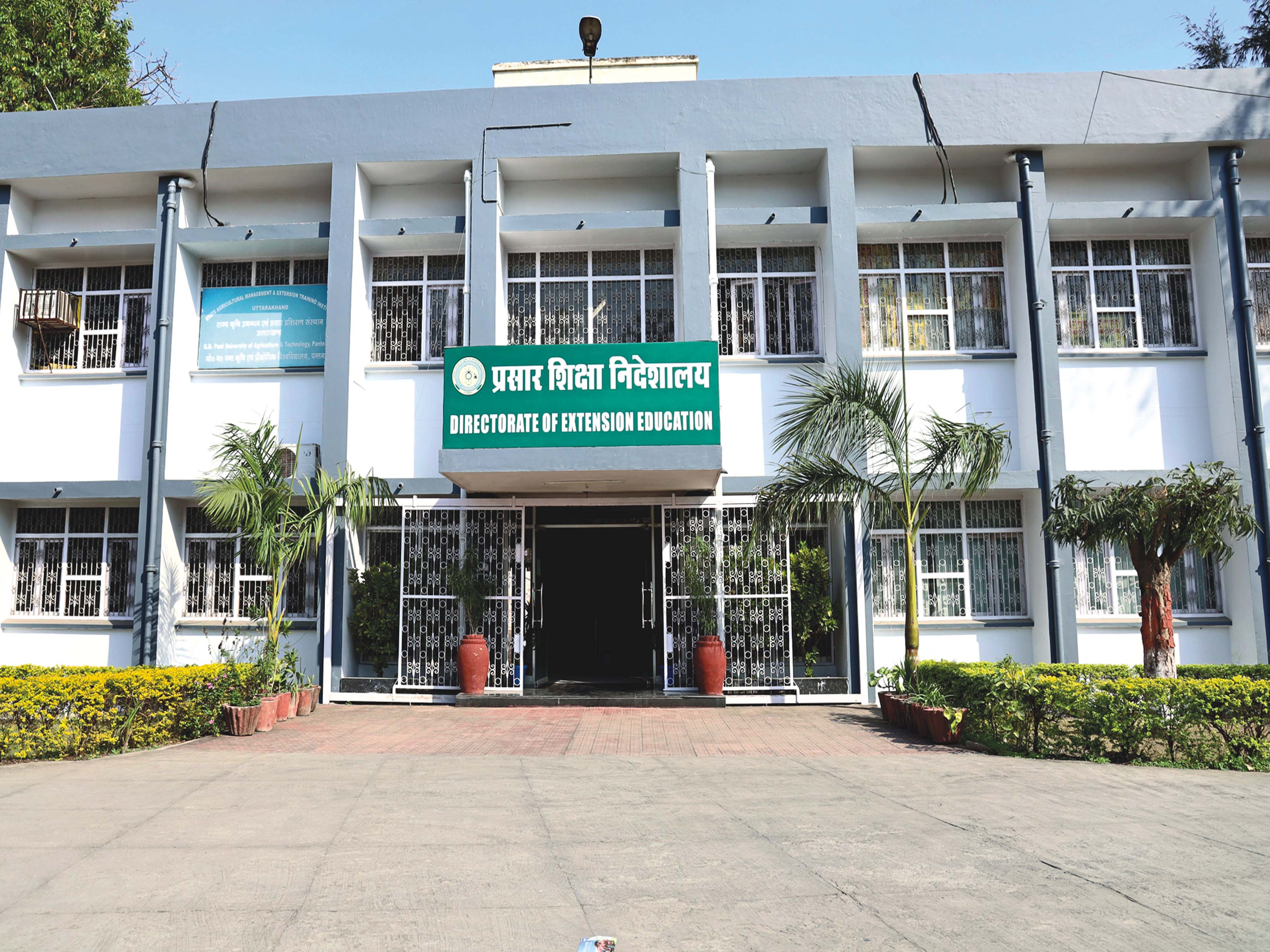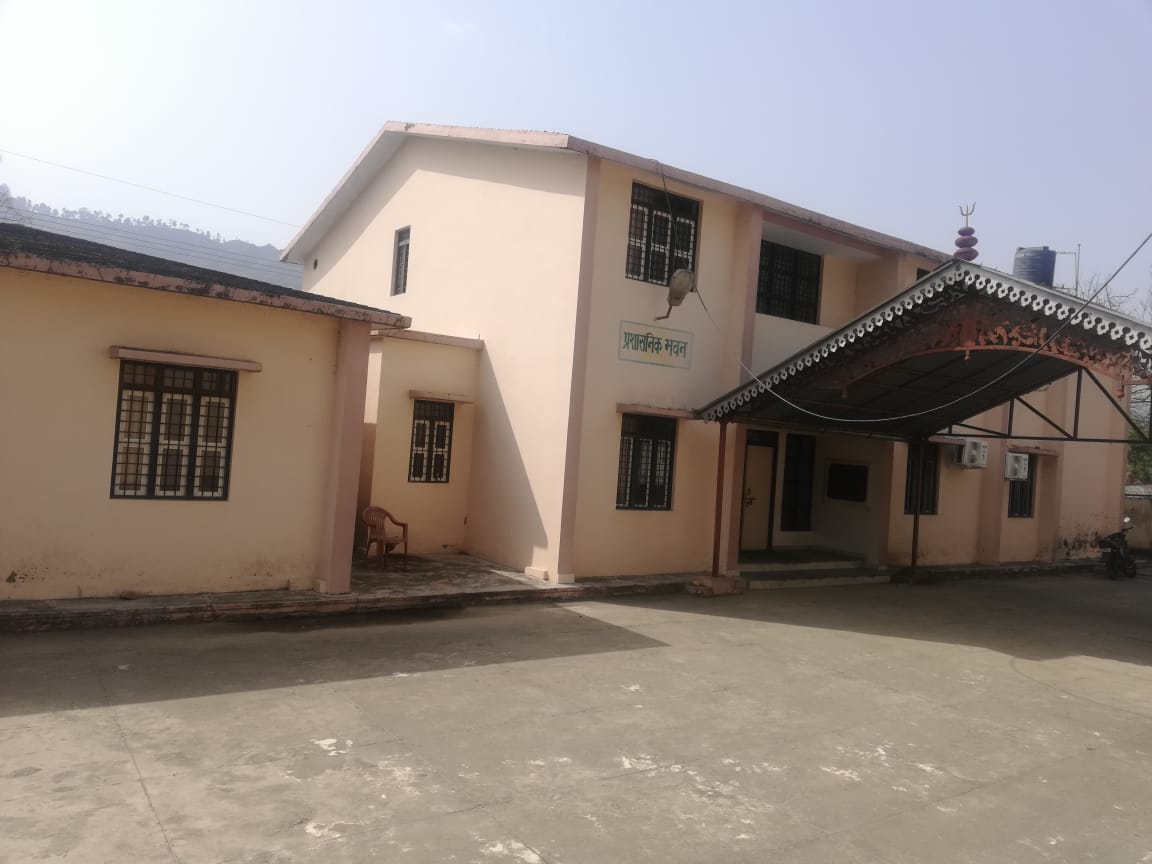In newly created state of Uttarakhand, the area of responsibility of the university was all districts of Uttarakhand, which is presently limited to 9 districts (Almora, Chamoli, Champawat, Dehradun, Haridwar, Nainital, Pithoragarh, Rudrapurayag and U.S. Nagar) including 3 districts of tarai/bhabhar and plains. Because of the varied agro climatic, geographical, and biophysical and socio economic conditions of the state, the work of validation and refinement of newly developed technologies and transfer of technologies has become very challenging. The Directorate of Extension Education accepted this challenge and is performing various extension activities through different units like 9 KVKs (working at grass root level), training and visit unit, SAMETI- Uttarakhand, ATIC at headquarter and extension wings of different colleges.
Our Vision
To see Self Reliant, Healthy Rural Populous with Rich Agricultural Knowledge and Good Marketing Intelligence


.jpeg)
(1).jpg)




.jpg)


